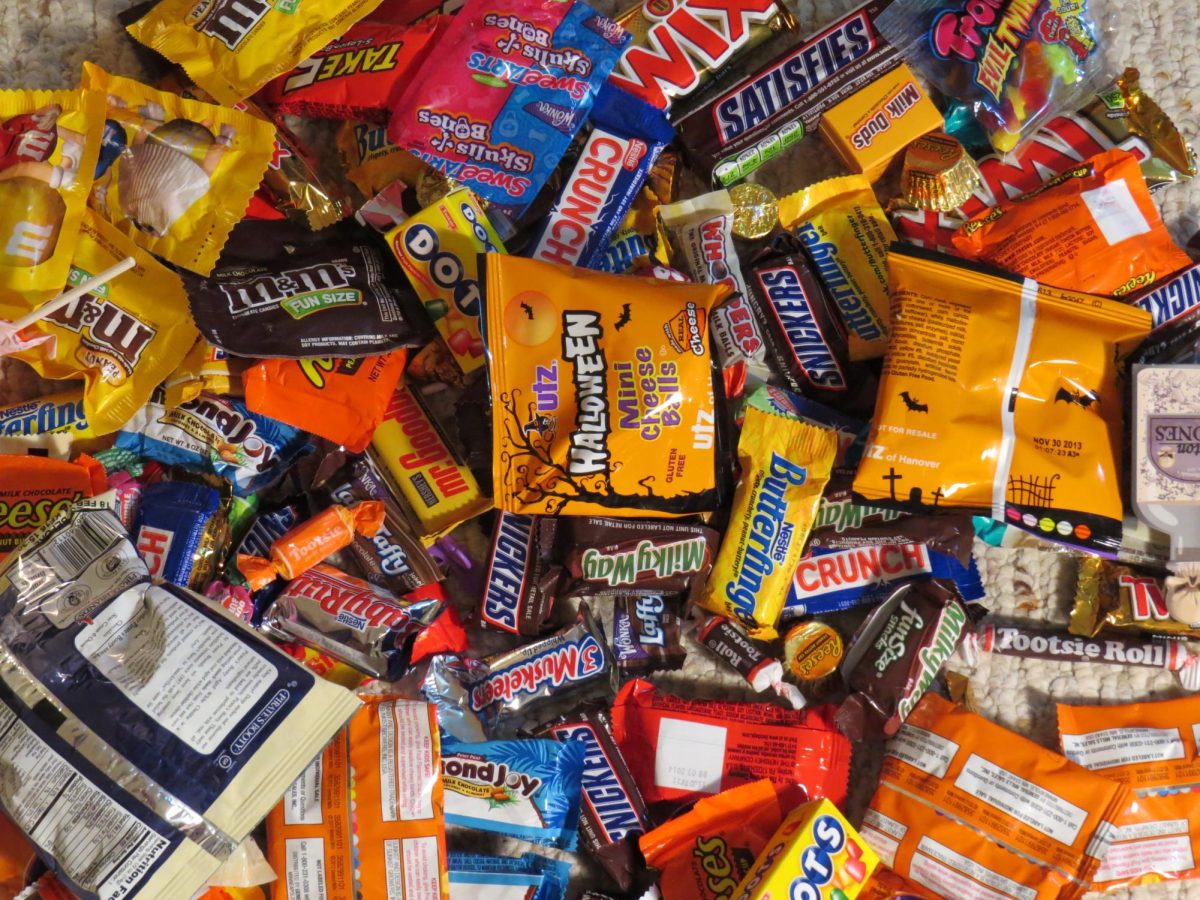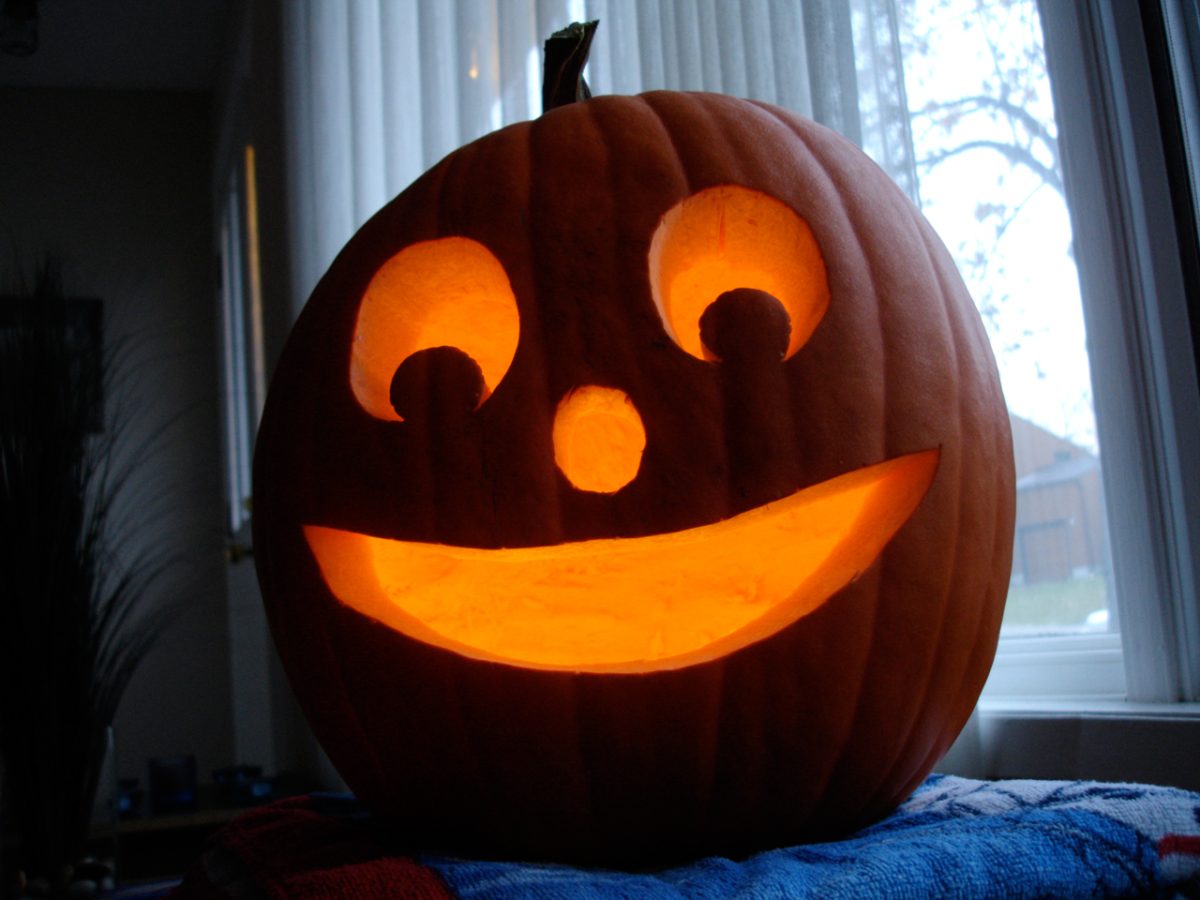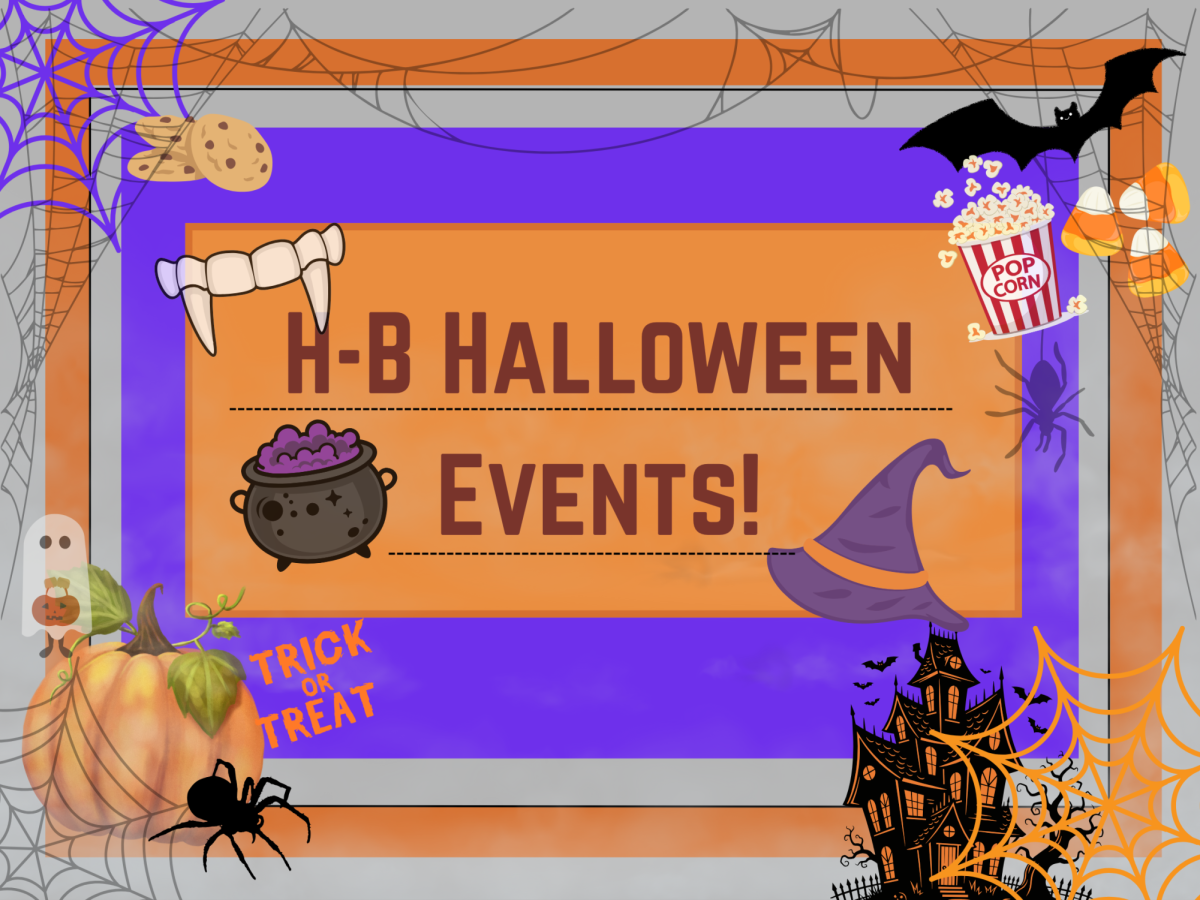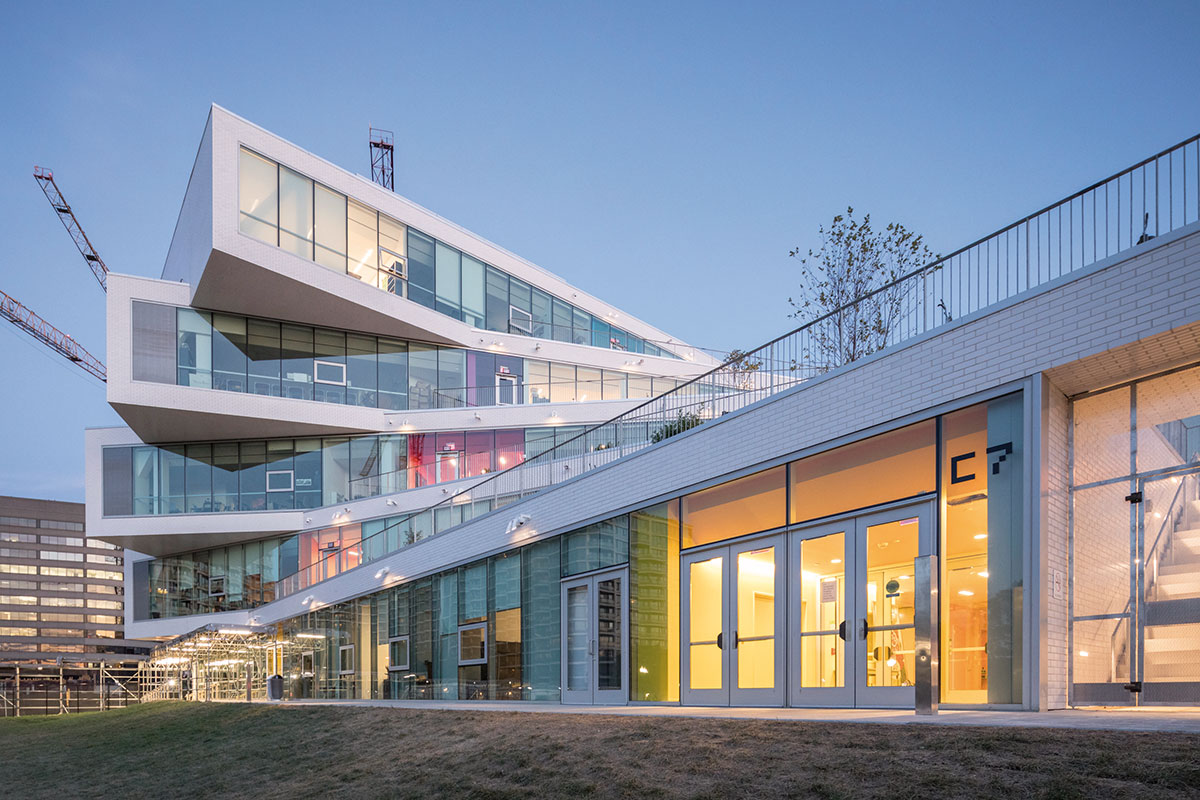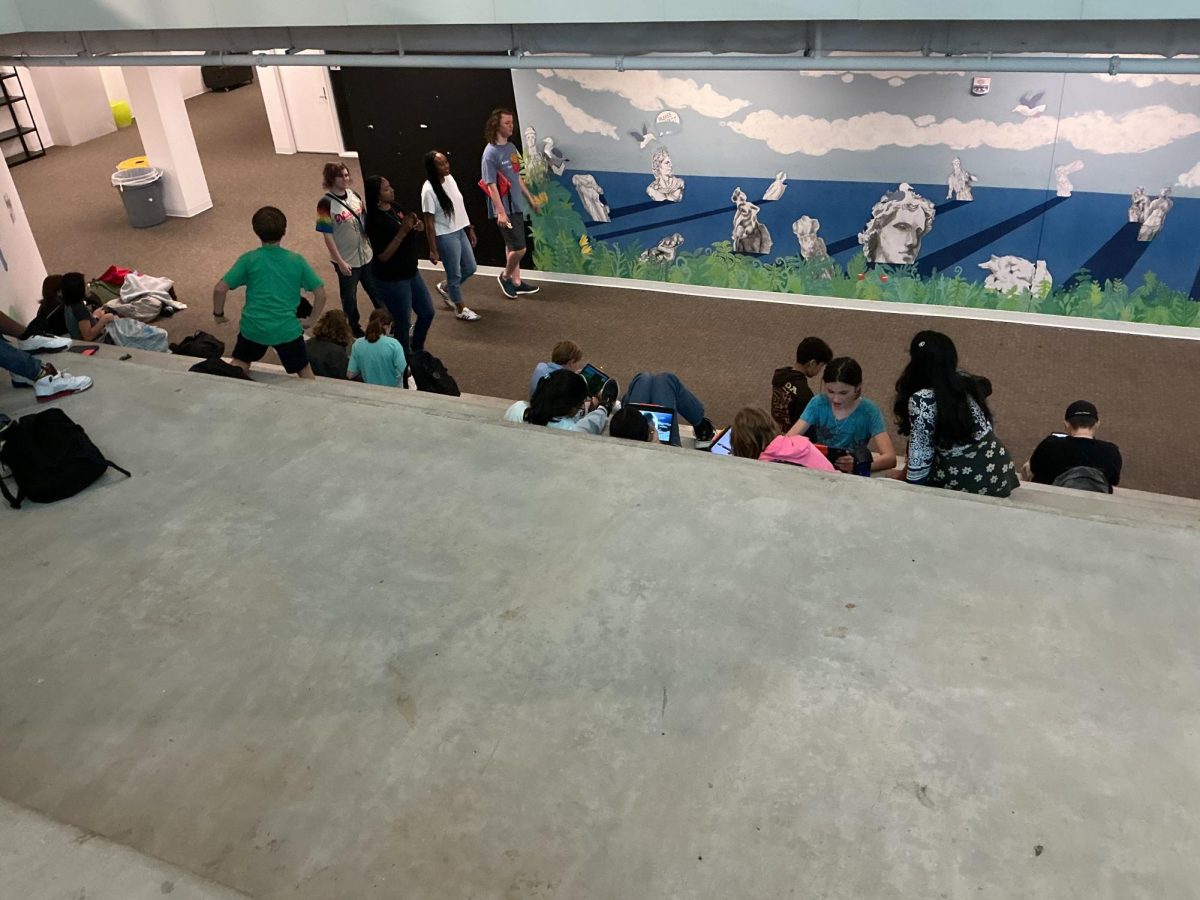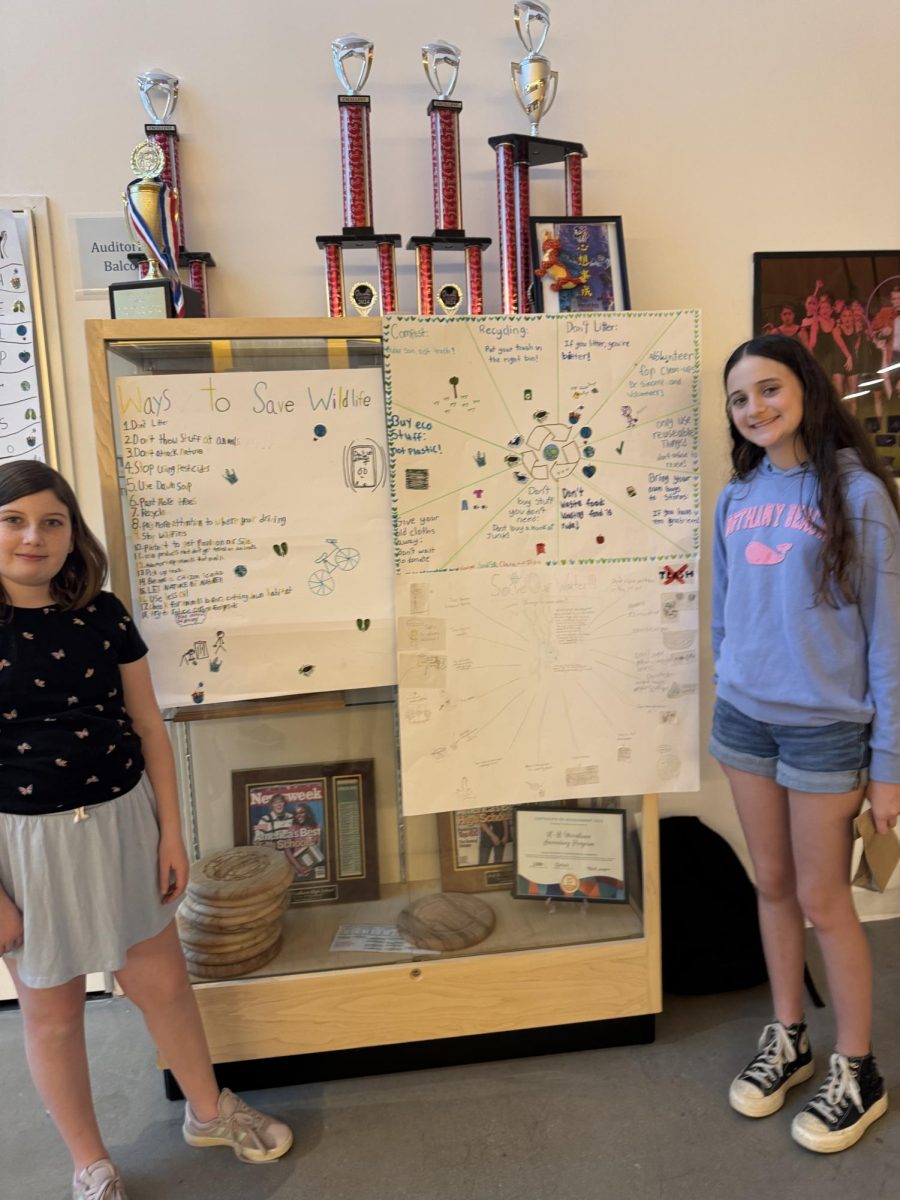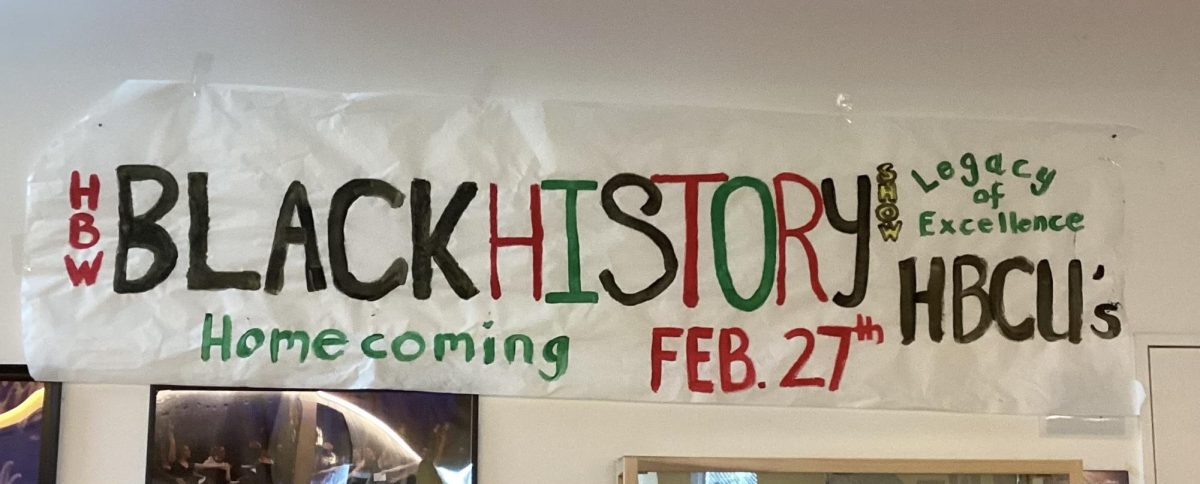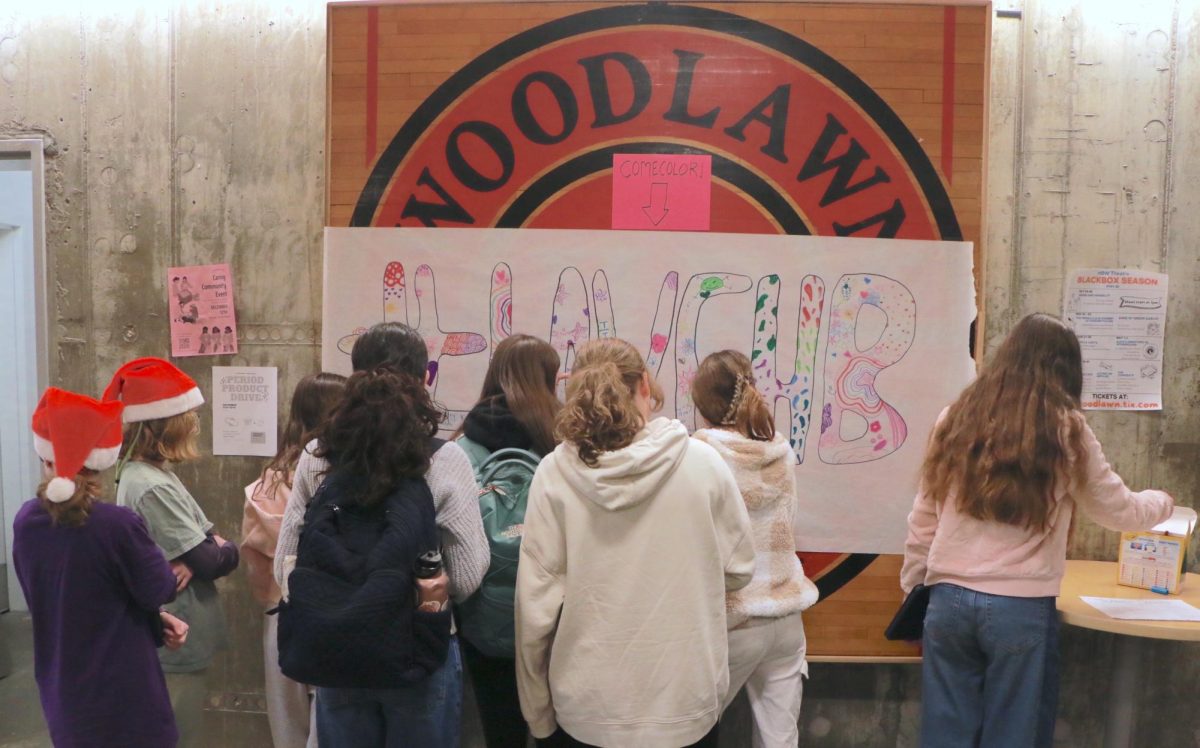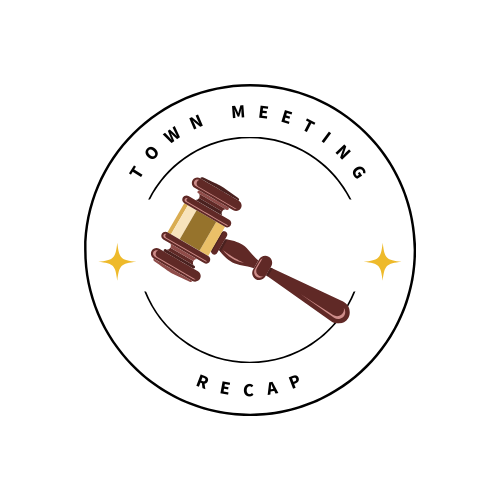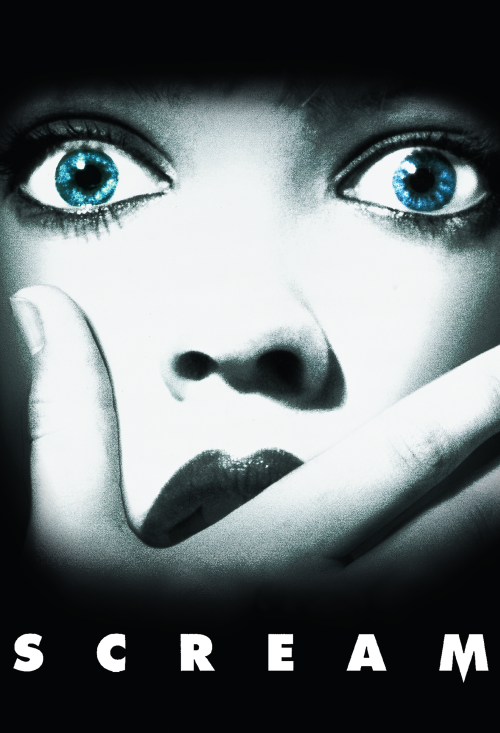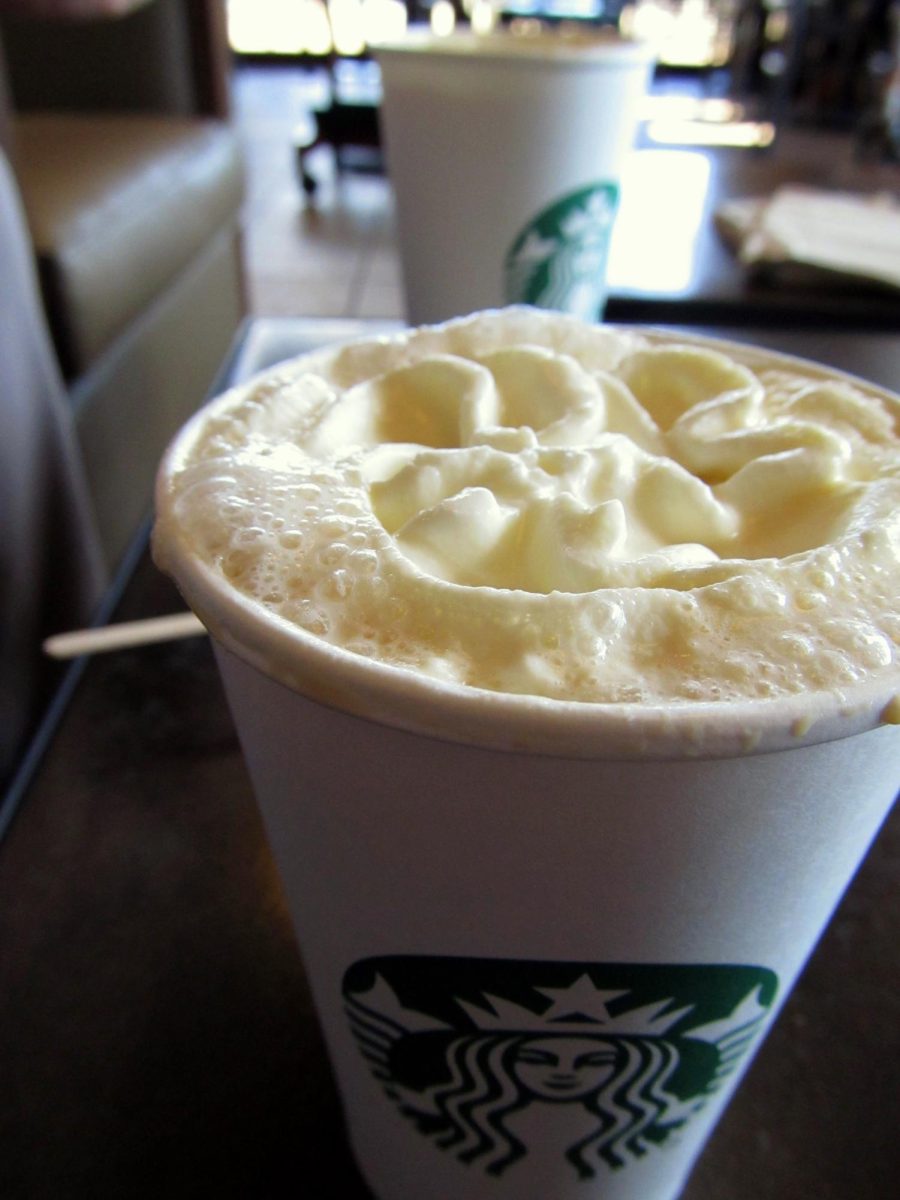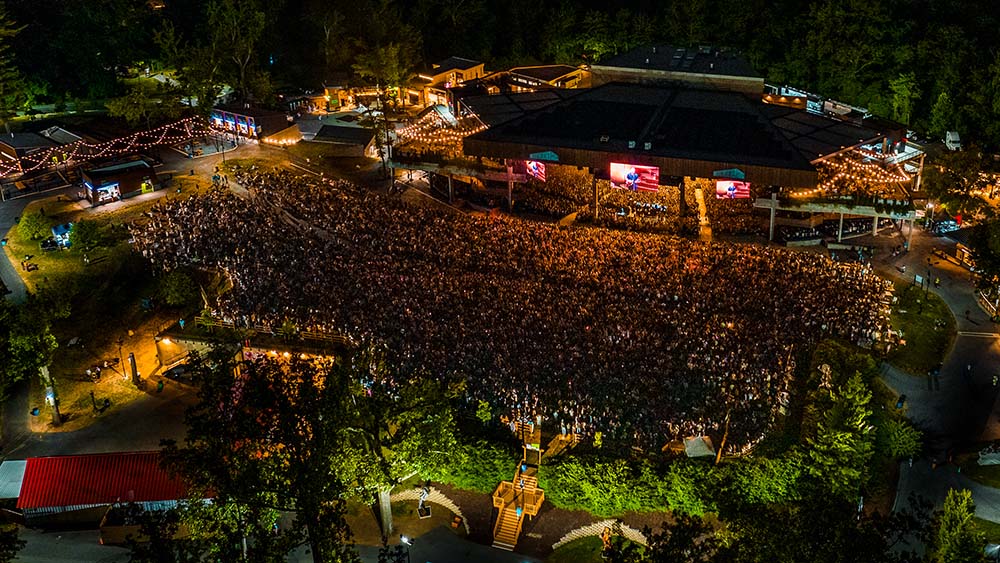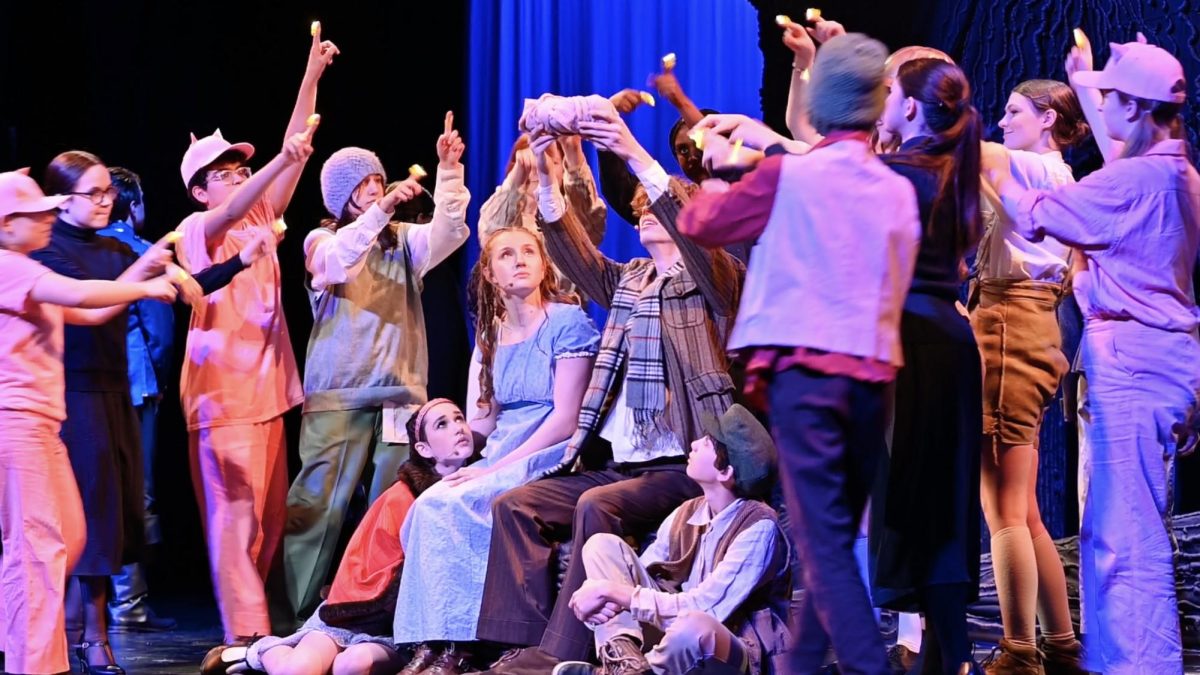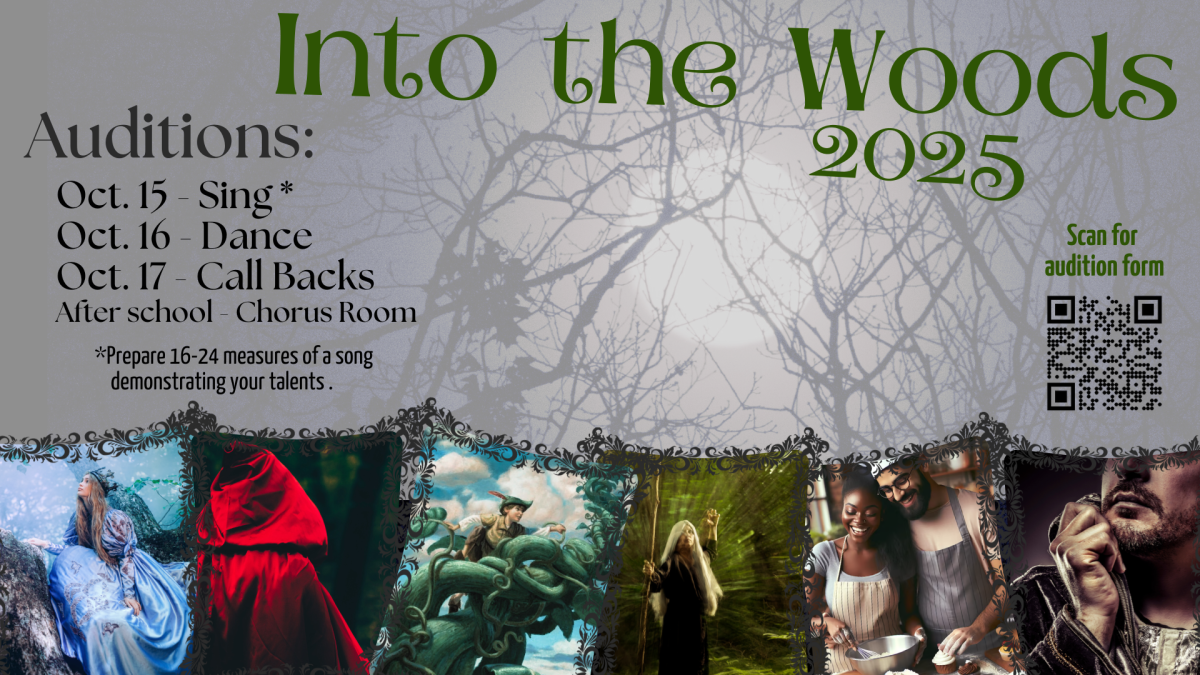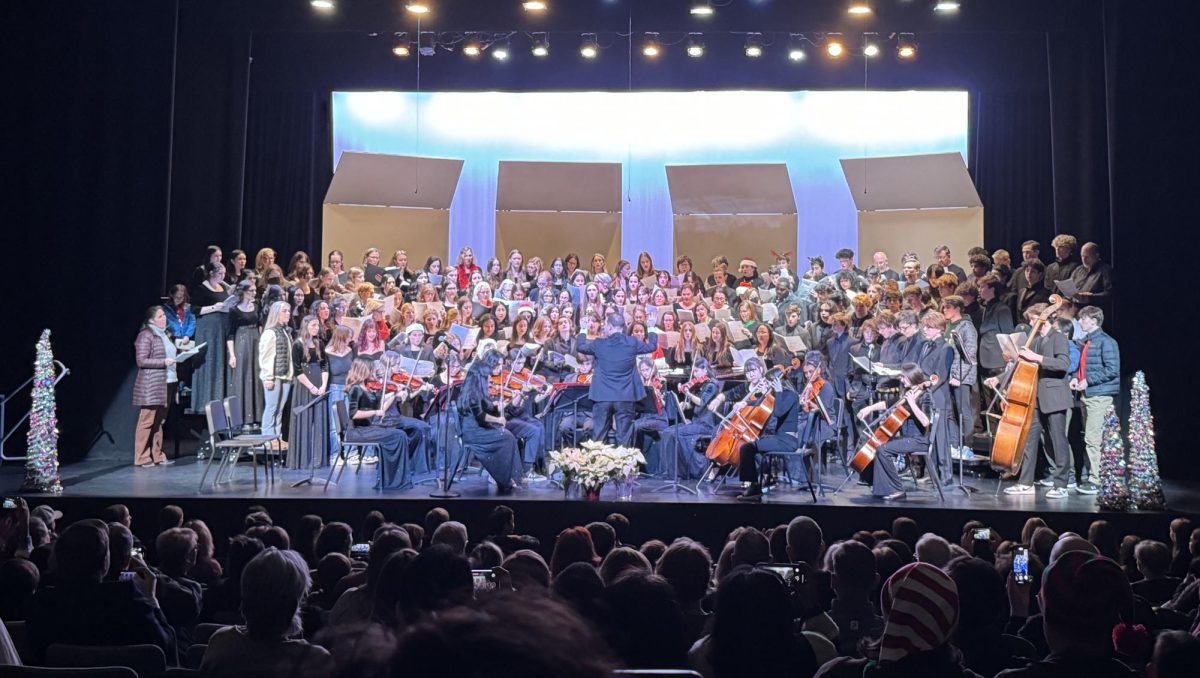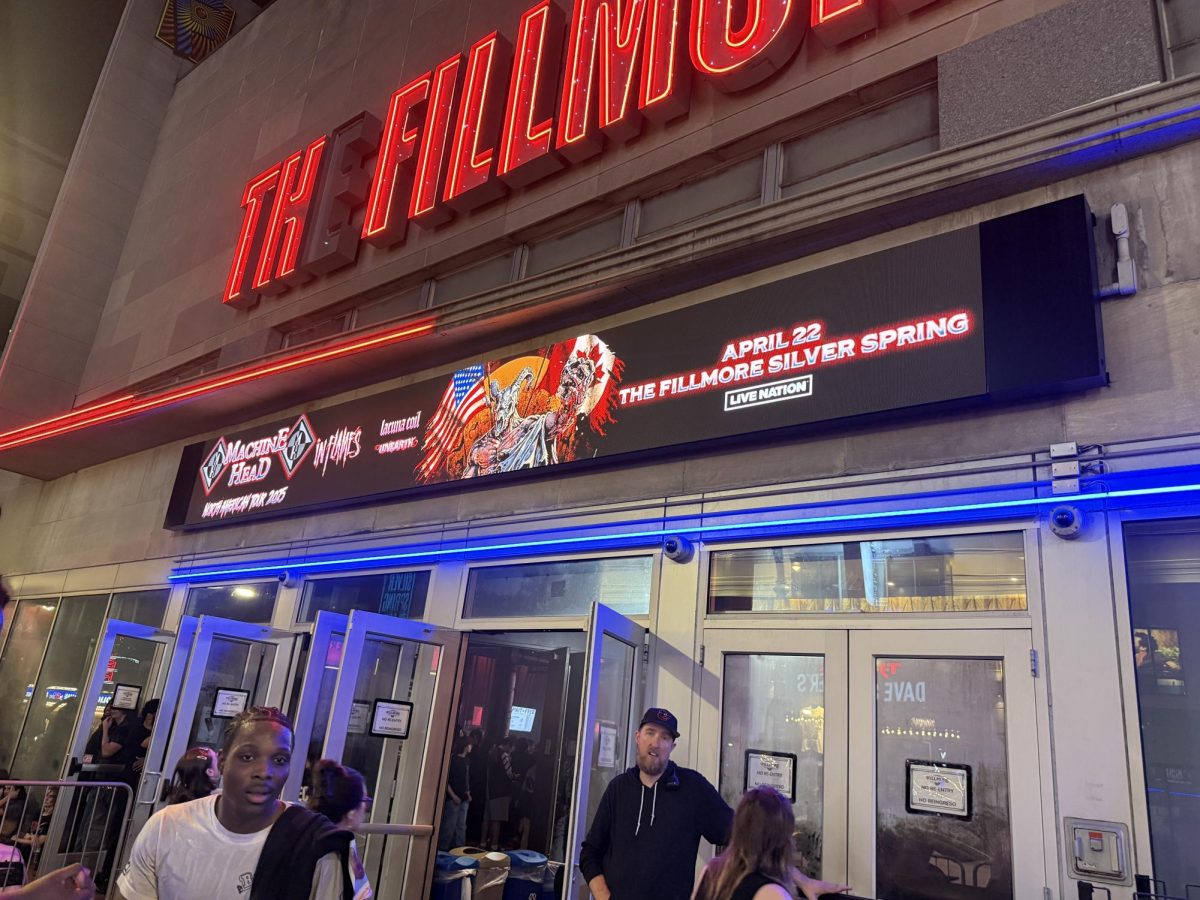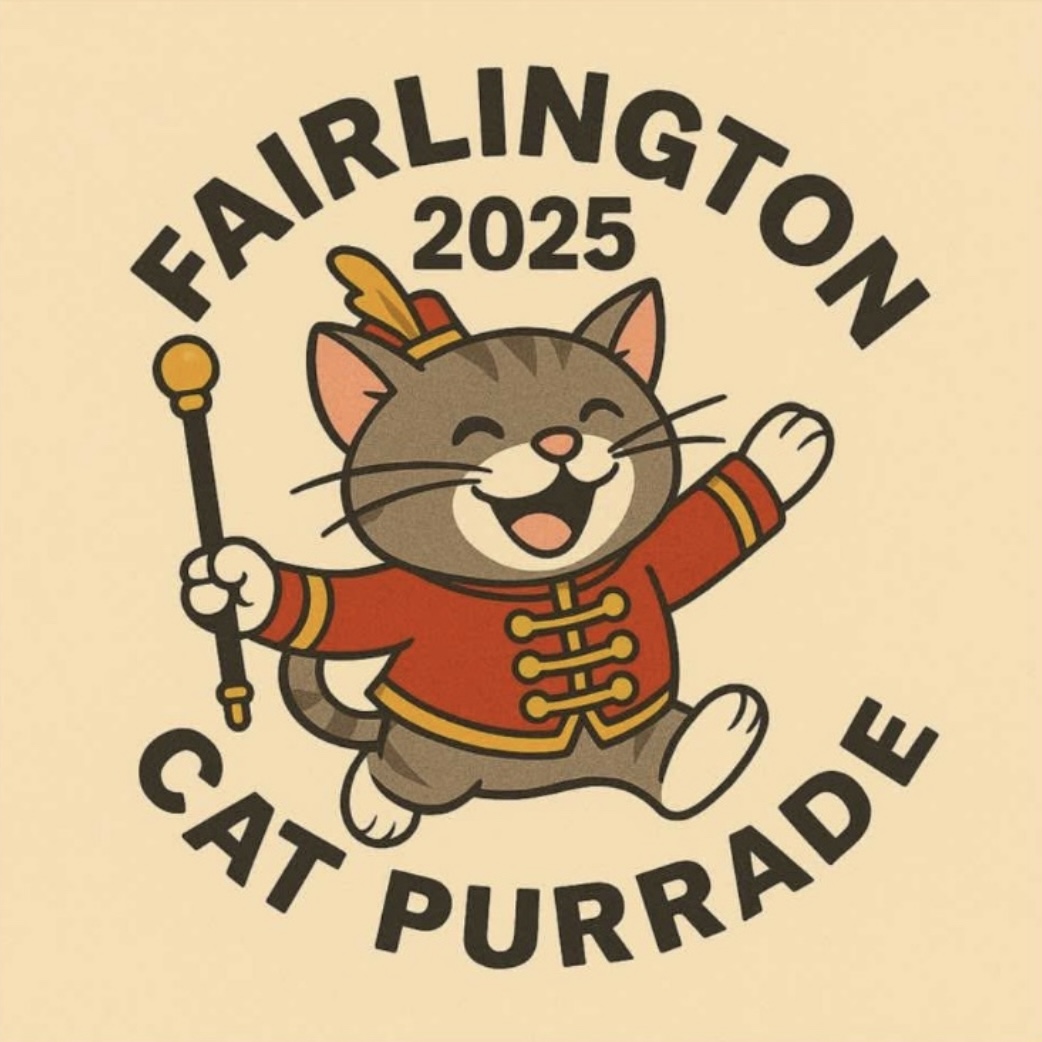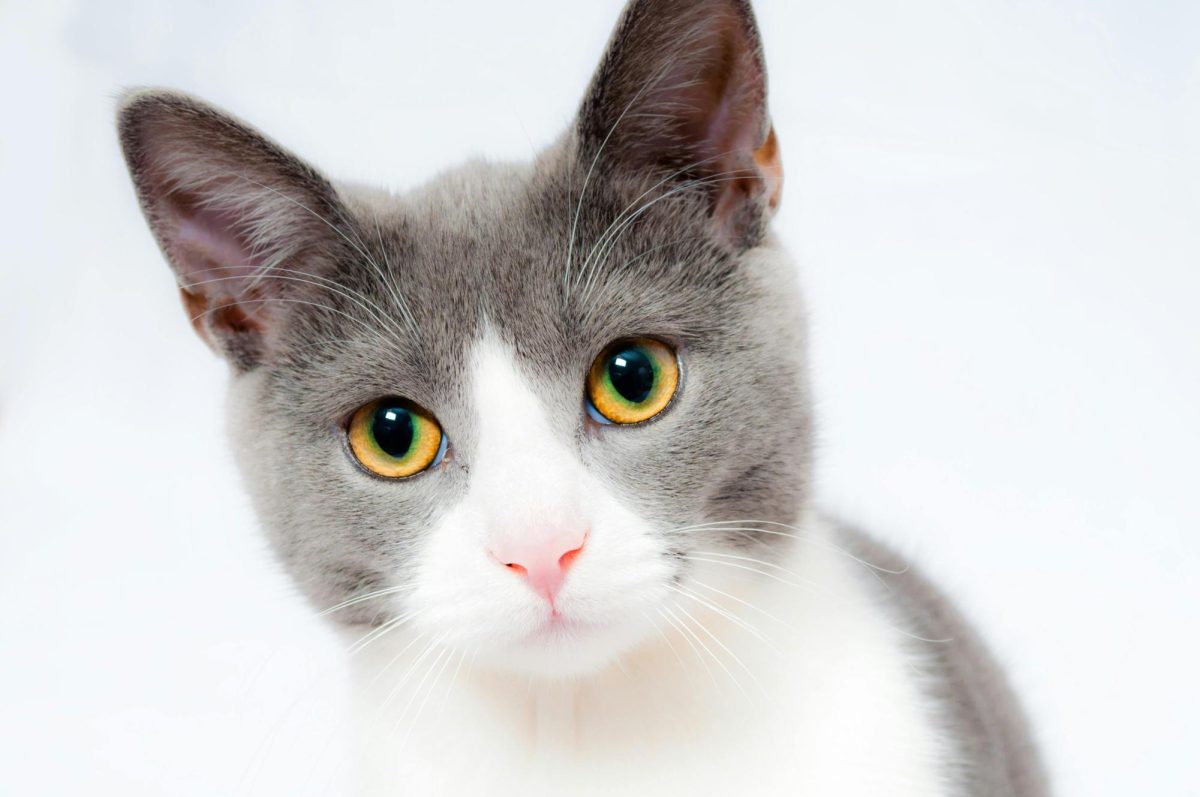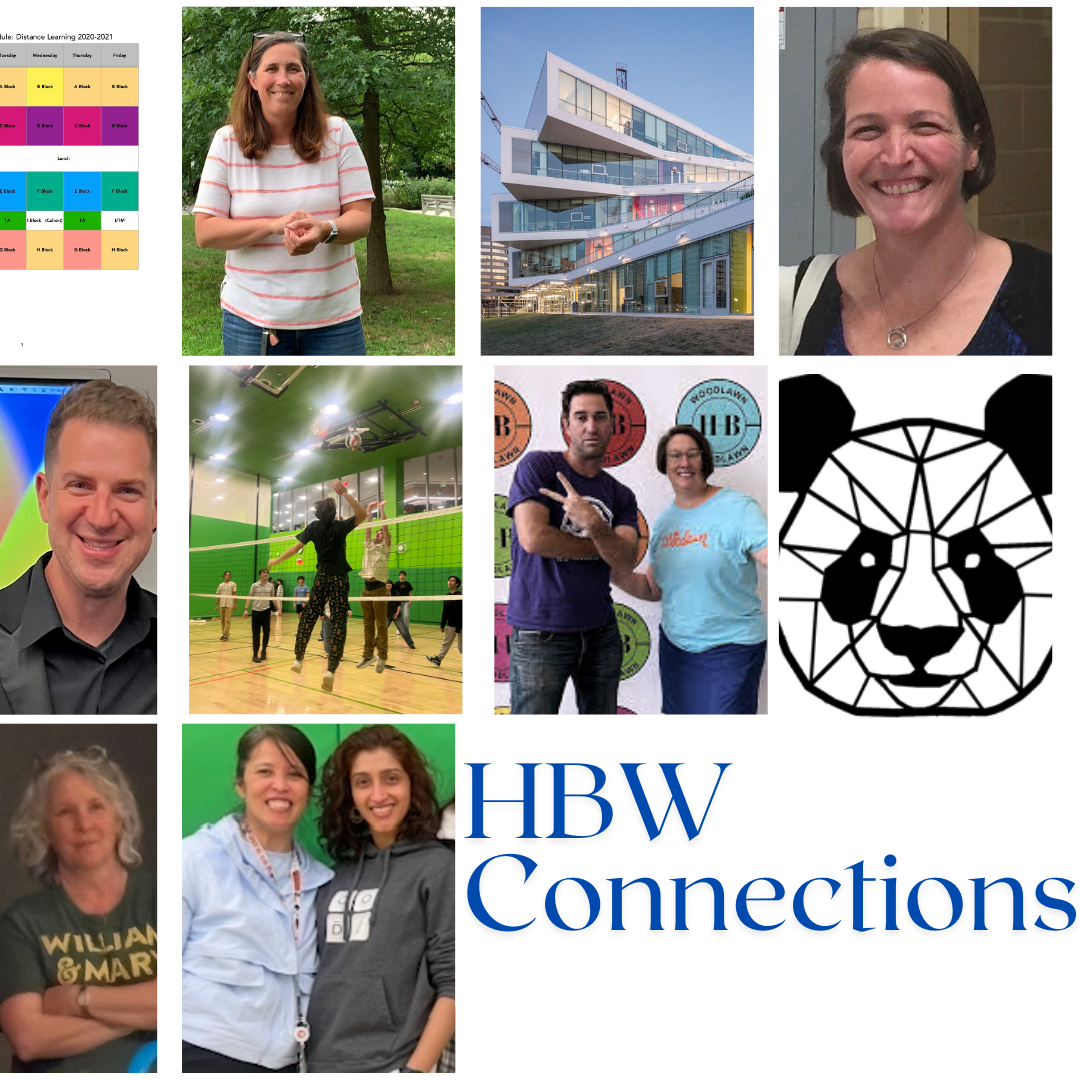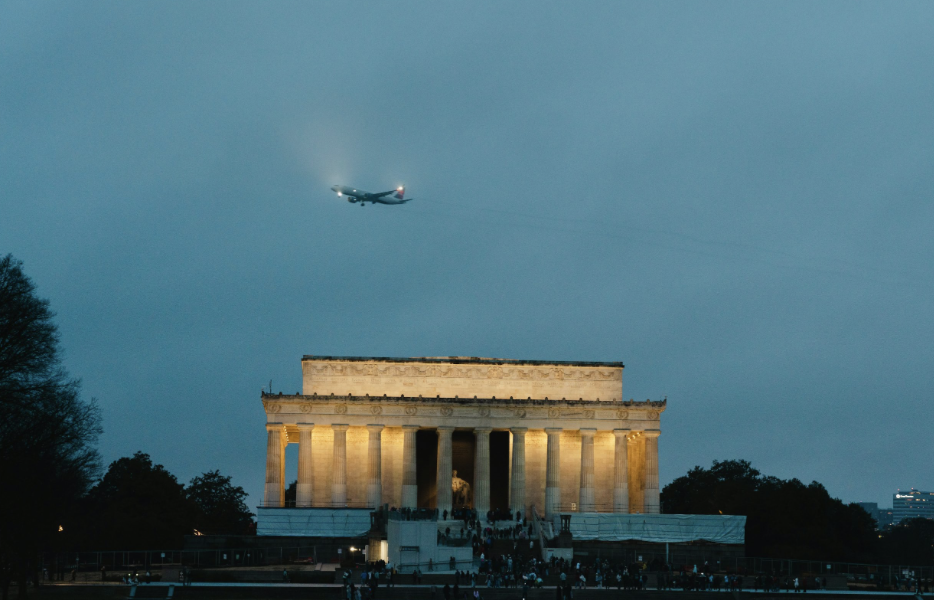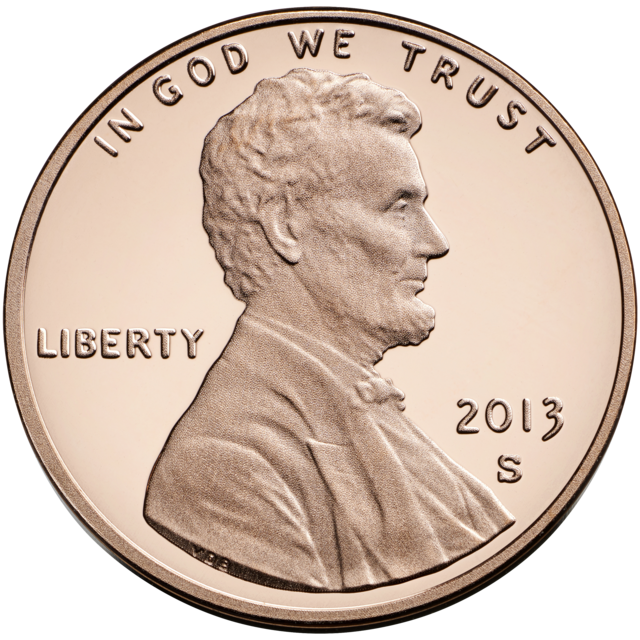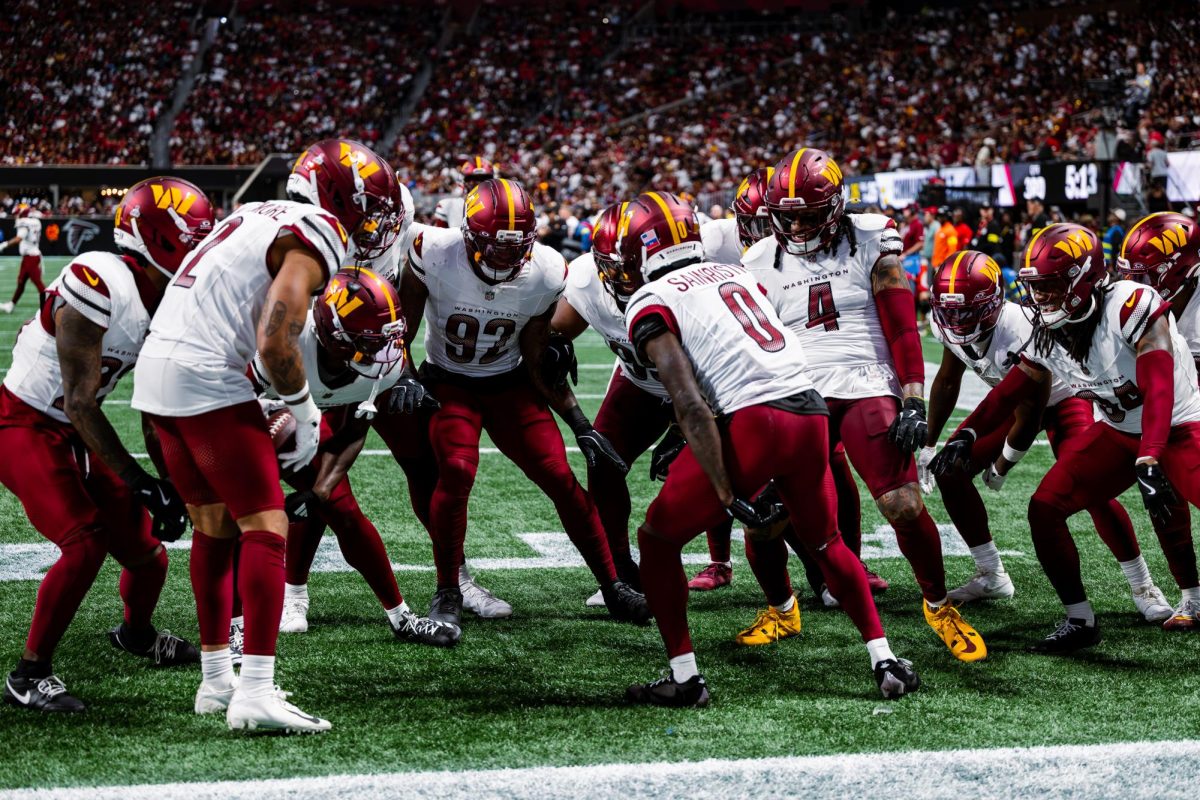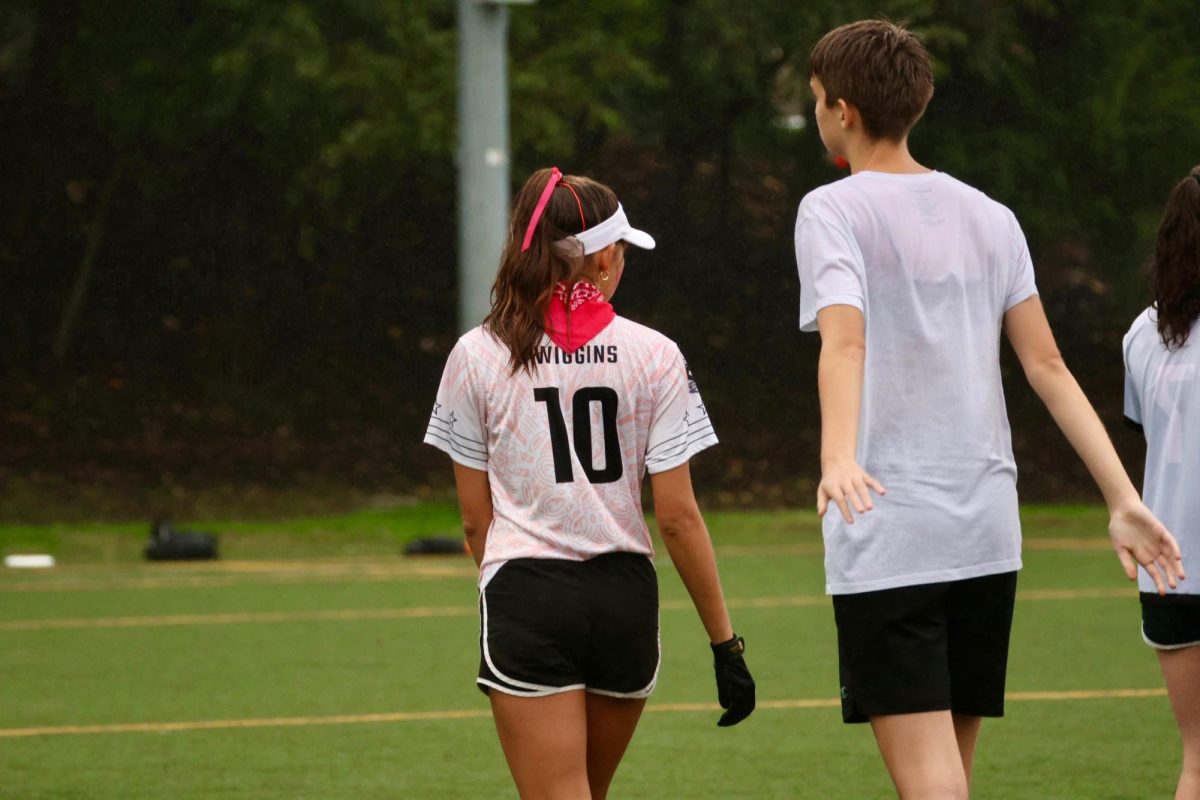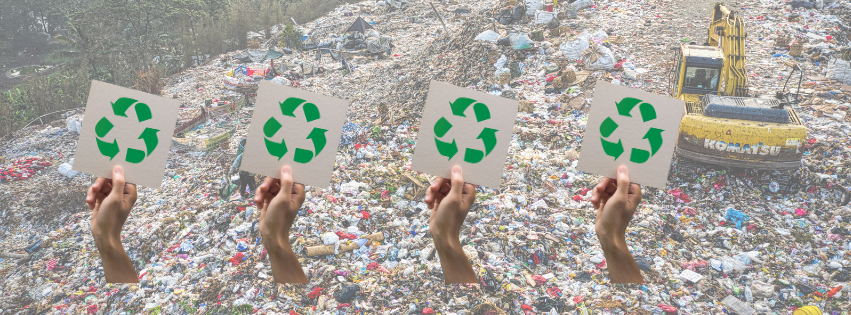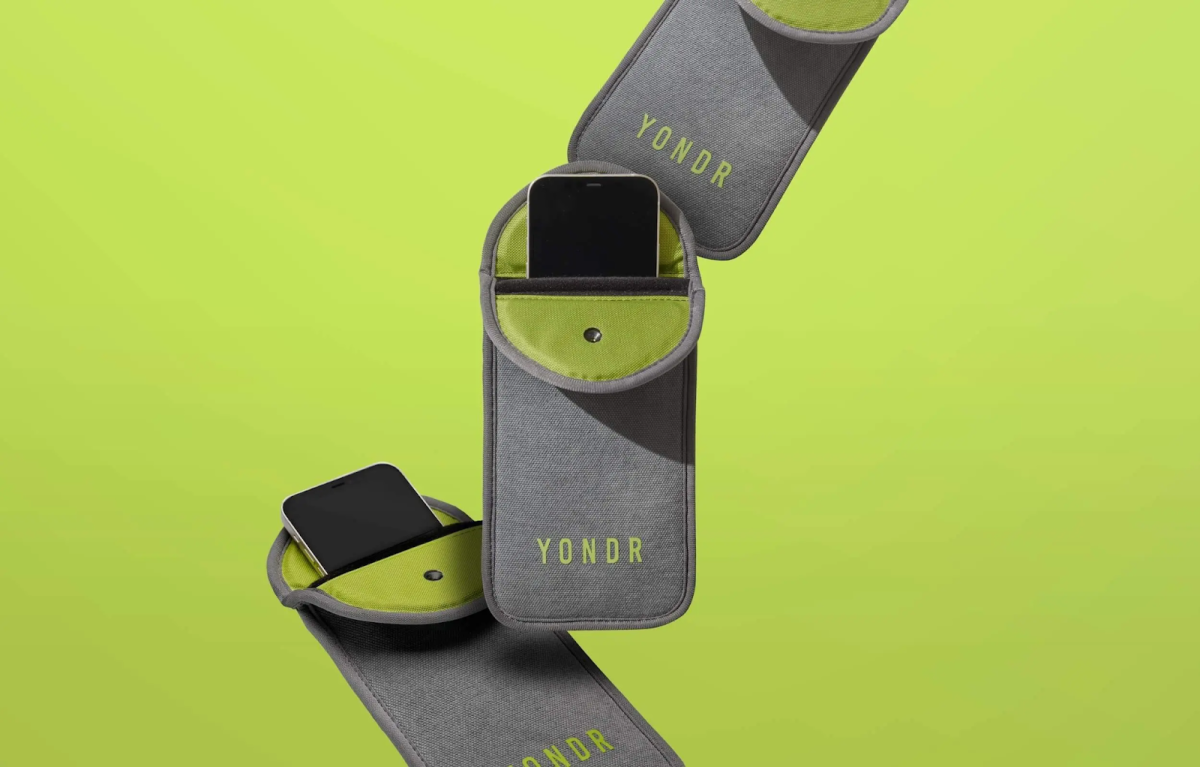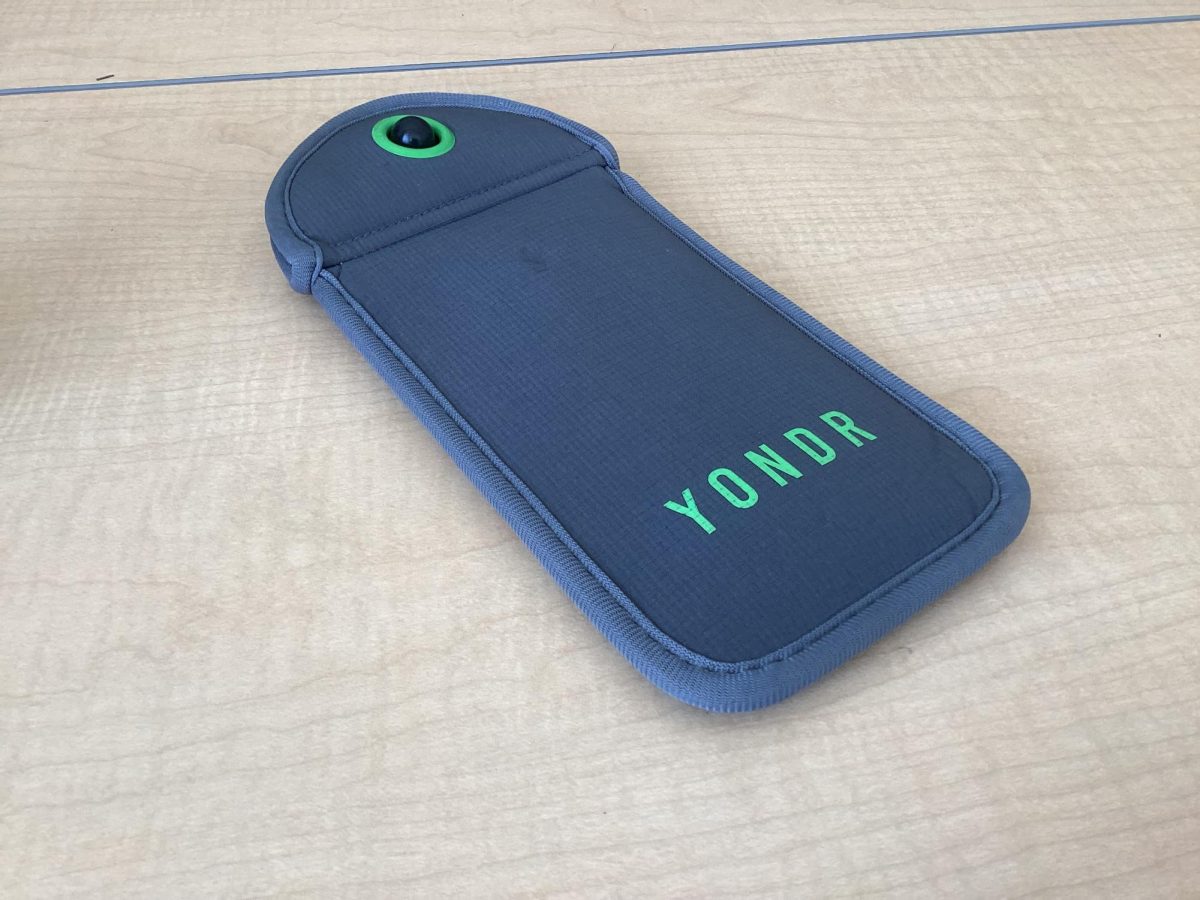It’s the early afternoon on a Sunday, and you’re in the park playing with your friends. You play volleyball, eat snacks, and eventually make plans to go to the mall. But suddenly, it’s dark outside. It was just 2 o’clock, and now it’s 9 and you have to go to school tomorrow. Where did the time go?
The old saying “time flies when you’re having fun” actually has scientific evidence behind it. The NIH states that “Increased dopamine may cause our internal clock to slow down, creating a sense of speeding time”. Essentially, happiness makes you feel like time is moving faster. This also explains why, during a state of sadness or boredom, you might feel like time is moving very slowly. Watching frightening films can also make time appear slower, as can looking at pictures that disgust you.
Age can also affect how we perceive time. Children tend to feel that time drags on endlessly, while adults usually feel like the years pass them by. There are multiple explanations for this phenomenon. The first is that when you are younger, periods of time are larger proportions of your life than they are when you are older. The second is that when you are young, you have new experiences more frequently than when you are older. This is called the novelty effect. When we engage in new activities, our brain’s memory center is more active, making time feel like it is passing slowly. The third explanation is that when you are older, there is deterioration occurring in your brain that distorts time.
Even though you can’t actually change the passage of time, you can make time feel slower or faster. To make time feel slower, try new things, focus on the present, and focus on one thing at a time. To make time feel faster, have fun, stay busy, and break down your tasks. It can be irritating when time feels too fast or too slow, but at the end of the day, all time is valuable.
